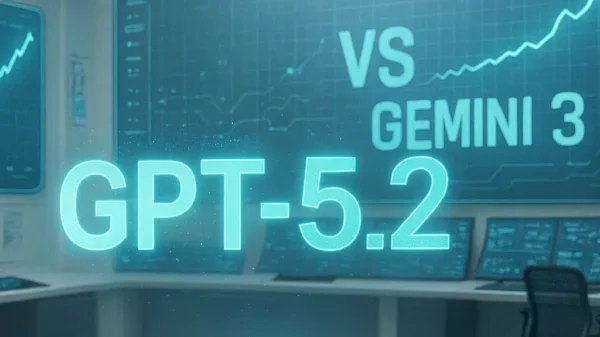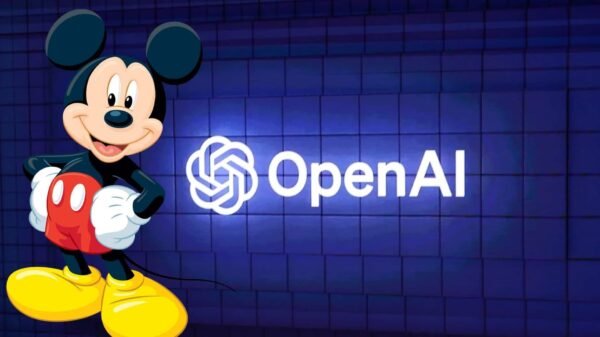On Wednesday, the United Kingdom’s Ocado Group (OCDO.L) announced that it had signed its first contract outside of the grocery retail sector to use its robotic warehouse technology at a facility run by the Canada division of medication distributor McKesson Corporation (MCK.N).
The online supermarket and technology firm stated that there was a significant opportunity for growth in areas other than grocery shopping. The grocery industry has one of the most complicated supply chains, which has equipped them with the necessary experience to apply to other industries.
On Wednesday, Ocado stock finished trading with a gain of 5.6%, bringing the company’s year-loss total to 22.6%.
According to the company’s CEO, Tim Steiner, Ocado’s technology for robotics, artificial intelligence, and machine learning is excellent for supply chains that demand dense storage, extremely accurate inventory management, and safe stock control.
“It has been proven over 20 years in one of the most complex supply chain environments, online grocery, and we’re now bringing our experience and IP to more sectors,” added the executive.
The company has entered into technological licensing agreements with twelve different grocery stores, three of which are located in the United States: Kroger (KR.N.), Aeon (8267.T.), and Casino (FR). Additionally, it participates in a joint venture with Marks & Spencer (MKS.L.) and owns a 50% stake in Ocado Retail in the United Kingdom.
As part of the agreement with McKesson, Ocado will be entitled to receive payments in advance during the building process, and the full payment will be made when the installation has been completed. Additionally, Ocado will be entitled to an ongoing yearly charge for the service and maintenance of the technological infrastructure.
Ocado has indicated that the transaction will have a negligible effect on the company’s cash flow and profitability in the current fiscal year. By the end of 2025, it will have positive cash flow and EBITDA.
In July, the company claimed it had returned to an underlying profit for the year’s first half.
On June 22, when the Times newspaper revealed probable buyout interest from more than one U.S. bidder, including Amazon (AMZN.O.), the group’s shares skyrocketed by as much as 47%. Both Ocado and Amazon did not wish to comment on the matter.

















































